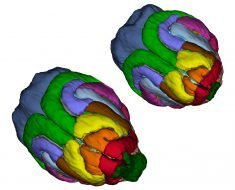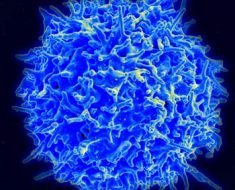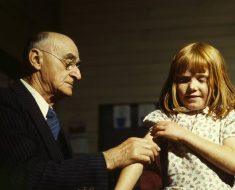Consider yourself an insomniac? You could be doing more harm than good.
According to sleep researcher Kenneth Lichstein, when you use the term to define yourself it actually makes it harder to sleep, even if you’re getting sufficient shut-eye.
In a review of research published in 2017, Lichstein concluded that “non-complaining poor sleepers” (who often sleep badly but don’t consider themselves insomniacs) don’t suffer the high blood pressure commonly associated with severe sleeplessness.
But on the other hand, “complaining good sleepers” (aka, those who easily nod off but are heavily invested in their alleged insomnia) were equally as tired, anxious and depressed as those who genuinely didn’t sleep at all.
In addition, those who try too hard to catch those elusive zzzs (by relying on herbal remedies and elaborate bedtime rituals or seeking external help) may only be making things worse for themselves. This is because these actions further break down your trust in your ability to fall asleep on your own, which is the main cause of insomnia.
So, the next time you find yourself counting sheep at night, just remember these three important words:
Mind over matter.
Source: Read Full Article





